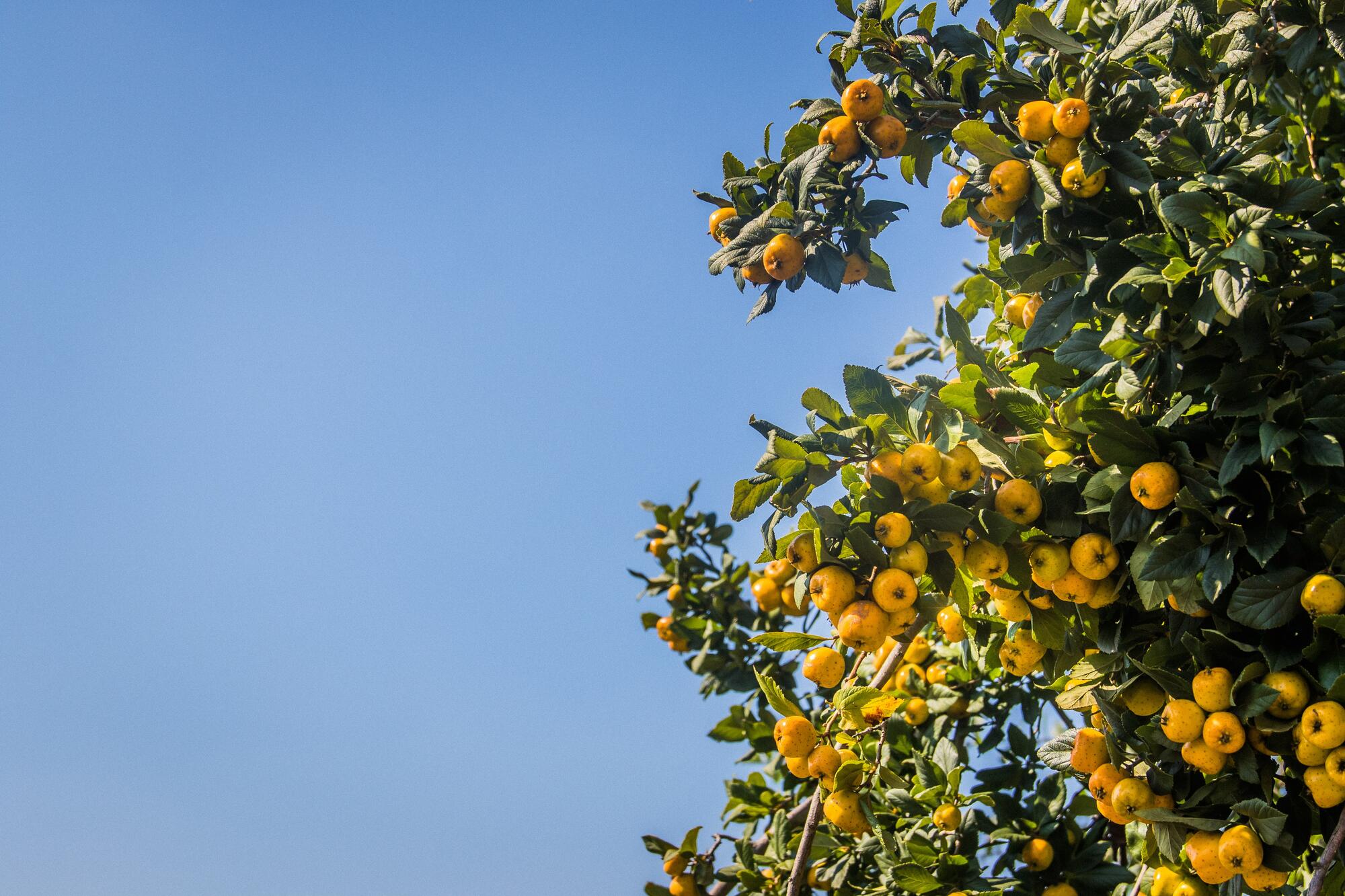Publications
SIDS Partnerships Briefs - Water and Sanitation, Food Security and Waste Management
Publication Year: 2014 Publisher: UN-DESA
Water and Sanitation
Related Goals

Food security and nutrition and sustainable agriculture
Related Goals

Multi-stakeholder partnerships
Related Goals
Background
THE THIRD INTERNATIONAL CONFERENCE ON SMALL ISLAND DEVELOPING STATES (SIDS Conference) will be held from 1 to 4 September 2014 in Apia, Samoa, with the overarching theme as "The sustainable development of small island developing States through genuine and durable partnerships".
The SIDS Conference will include six multi-stakeholder partnership dialogues (Partnership Dialogues) that will serve as a forum to build on existing successful partnerships as well as to launch innovative and concrete new ones, to advance the sustainable development of Small Island Developing States (SIDS).
Member States have identified six clusters of priority areas that the Partnership Dialogues will address respectively. These are: Climate change & Disaster Risk management; Oceans, Seas and Biodiversity; Water and Sanitation, Food Security and Waste Management; Sustainable energy; Social development in SIDS, Health and Non-communicable diseases (NCDs), youth and women.
The SIDS 2014 Partnerships Briefs have been prepared by the Division for Sustainable Development (UN-DESA) in consultation with the UN System through the Executive Committee on Economic and Social Affairs (ECESA Plus), with the intent to contribute to the preparations leading up to the Partnership Dialogues by:
• Reviewing key priorities related to SIDS in the selected priority area,
• Reviewing existing north-south, south-south, and triangular partnerships in the selected priority area, and
• Identifying gaps in the priority area, which could inspire renewal, build-up and scale-up of existing partnerships, and the launching of new innovative partnerships, focusing on public-private partnerships.
The current Partnership Brief will look at the priority area of "Water and Sanitation, Food Security and Waste Management", and highlights illustrative examples of existing partnerships based on information available in the SIDS 2014 Partnerships Platform (www.sids2014.org/partnerships) and as indicated through consultations with the Secretariat of the SIDS Conference.
The SIDS Conference will include six multi-stakeholder partnership dialogues (Partnership Dialogues) that will serve as a forum to build on existing successful partnerships as well as to launch innovative and concrete new ones, to advance the sustainable development of Small Island Developing States (SIDS).
Member States have identified six clusters of priority areas that the Partnership Dialogues will address respectively. These are: Climate change & Disaster Risk management; Oceans, Seas and Biodiversity; Water and Sanitation, Food Security and Waste Management; Sustainable energy; Social development in SIDS, Health and Non-communicable diseases (NCDs), youth and women.
The SIDS 2014 Partnerships Briefs have been prepared by the Division for Sustainable Development (UN-DESA) in consultation with the UN System through the Executive Committee on Economic and Social Affairs (ECESA Plus), with the intent to contribute to the preparations leading up to the Partnership Dialogues by:
• Reviewing key priorities related to SIDS in the selected priority area,
• Reviewing existing north-south, south-south, and triangular partnerships in the selected priority area, and
• Identifying gaps in the priority area, which could inspire renewal, build-up and scale-up of existing partnerships, and the launching of new innovative partnerships, focusing on public-private partnerships.
The current Partnership Brief will look at the priority area of "Water and Sanitation, Food Security and Waste Management", and highlights illustrative examples of existing partnerships based on information available in the SIDS 2014 Partnerships Platform (www.sids2014.org/partnerships) and as indicated through consultations with the Secretariat of the SIDS Conference.


